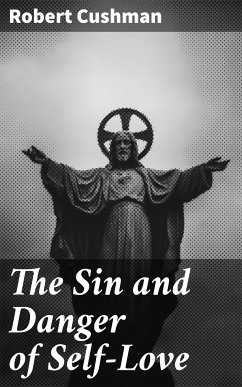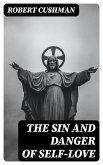In "The Sin and Danger of Self-Love," Robert Cushman embarks on a meticulous theological exploration of the concept of self-love within a Christian framework. Cushman'Äôs literary style is characterized by its rigorous philosophical inquiry and eloquent prose, deftly intertwining scripture with psychological insight. Engaging with historical context, he draws upon doctrines from the Church Fathers to contemporary thought, presenting self-love not merely as a psychological phenomenon but as a profound moral failing with spiritual implications. This critical interpretation invites readers to confront the pervasive nature of self-interest in both individual lives and society, urging a return to selflessness and humility. Cushman was a prominent Puritan thinker and a pivotal figure in colonial American religious discourse. His own experiences within the tumultuous religious landscape of the 17th century likely informed his exploration of self-love, as he sought to address the implications of the moral failings of his contemporaries. His background, steeped in scriptural study and pastoral care, lends an authentic and earnest tone to his reflections. This book is a must-read for anyone interested in the intersections of morality, psychology, and spirituality. It provides profound insights for theologians, scholars, and lay readers alike, encouraging a critical reassessment of one'Äôs relationship with self and the divine.
Dieser Download kann aus rechtlichen Gründen nur mit Rechnungsadresse in A, B, BG, CY, CZ, D, DK, EW, E, FIN, F, GR, H, IRL, I, LT, L, LR, M, NL, PL, P, R, S, SLO, SK ausgeliefert werden.









